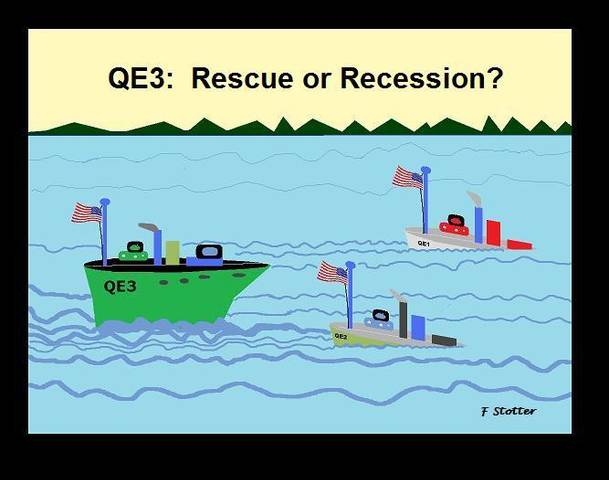The Honoring American Veterans in Extreme Need Act of 2019, or HAVEN Act, was passed on August 23, 2019. It has important implications for veterans who file for Chapter 7 and Chapter 13 bankruptcy. After all, nearly 15% of those who file for bankruptcy in the U.S. are veterans (who account for just 10% of the total population).
By amending the Bankruptcy Code, the HAVEN Act excludes many benefits from debtors’ current monthly income during the means test. Therefore, benefits one may receive from the U.S. Department of Veterans Affairs (VA) and the U.S. Department of Defense (DoD) don’t need to be factored in. For disabled veterans, this can mean being eligible for Chapter 7 bankruptcy. Prior to the change in legislation, many veterans were forced to file for Chapter 13 bankruptcy.
A Chapter 13 filing limits the amount of debt that can be discharged. It requires the debtor to pay back some of the debt as part of a court-ordered three- to five-year repayment plan.
How the HAVEN Act Affects the Means Test
The means test calculates whether a debtor’s income exceeds the median income of similar households in their state. If not, they may be eligible to file for Chapter 7 bankruptcy given the fact they don’t have enough income to pay back creditors. Before the Act went into effect, service members were required to file Chapter 13 bankruptcy even when individuals in similar situations, and who received Social Security, could have debts discharged via a Chapter 7 bankruptcy filing.
Only people who received Social Security Retirement, Social Security Disability, and Supplemental Security Income prior to the HAVEN Act were excluded from the means test requirements. Now, benefits from the VA and DoD such as permanent or temporary disability retired pay, disability severance pay, and retired or disability severance pay for pre-existing conditions will not be considered during the means test.
Other excluded benefits include combat related special compensation, a survivor benefit plan for Chapter 61 retirees, a special survivor indemnity allowance, and special compensation for assistance with activities of daily living. VA veteran’s disability compensation, VA dependency and indemnity compensation, and VA veteran’s pensions are excluded from the means test as well.
When Does the HAVEN Act Not Apply?
A veteran receiving benefits may still be required to file for Chapter 13 bankruptcy if they:
- Receive monthly special compensation from the DoD
- Receive retirement pay and are on the temporary disability list
- Have enough disposable income to pay at least 25% of their debt over 60 months
However, the HAVEN Act helps many disabled veterans who would otherwise be forced into a payment plan under Chapter 13 bankruptcy. By filing for Chapter 7 bankruptcy instead, their debts can be discharged without concern of benefits affecting eligibility.
Contact OakTree Law for Bankruptcy Help
At OakTree Law, our experienced bankruptcy attorneys in Los Angeles are familiar with the different types of bankruptcy and their consequences. We also understand the financial hardships that many veterans face. Living with large amounts of debt only compounds the problem. But we can help you get back on your financial feet and weigh all the laws and regulations that apply, including the exclusions from the means test introduced with the HAVEN Act. From discharge of debt to an automatic stay on foreclosure or wage garnishments, we can help benefit from bankruptcy and regain control of your finances. Call 888-791-9510 for more information or request a free evaluation today.








